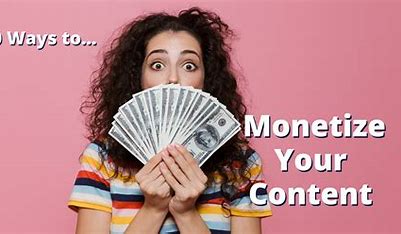In the world of individuals with high spending power, the link between anxiety and compulsive shopping runs deeper than meets the eye. Far from being a simple act of indulgence, this behavior is intricately woven with psychological, social, and neurological factors that drive the impulse to “buy away” anxiety.

The Identity - Repair Mechanism
Anxiety often stems from a sense of uncertainty or a perceived threat to one’s self - image. High - end consumers may turn to shopping as a means of identity repair. Purchasing luxury items or exclusive experiences allows them to reaffirm their status, competence, and desirability. For example, a high - powered executive facing work - related stress might buy a limited - edition designer suit. This acquisition isn’t just about the garment; it’s about regaining a sense of control and projecting an image of success in the face of anxiety - inducing situations. The new purchase serves as a tangible symbol of the person they aspire to be or the person they believe they should be.
Dopamine - Driven Compensation
The brain’s reward system plays a significant role in this behavior. When anxiety floods our minds, our brains seek ways to counteract the negative emotions. Engaging in shopping, particularly when purchasing high - value products, sets off the secretion of dopamine—a neurotransmitter linked to feelings of pleasure and the experience of reward. High - spending individuals, who are more likely to have access to expensive and novel products, can easily fall into the trap of using shopping as a quick dopamine fix. Each purchase becomes a short - term solution to the discomfort of anxiety, creating a cycle where the initial rush of pleasure from buying fades, leading to the need for another shopping spree to regain that feeling.

Social Pressure and Conspicuous Consumption
In affluent social circles, there’s an unspoken pressure to maintain a certain lifestyle. Anxiety can heighten the sensitivity to this pressure. When feeling insecure or anxious, individuals may engage in conspicuous consumption to conform to the expectations of their peers. For instance, at a social gathering where everyone is flaunting their latest luxury acquisitions, an anxious person might feel compelled to make a big - ticket purchase to avoid feeling left out or inferior. This form of social comparison - driven shopping not only fails to address the root cause of anxiety but also exacerbates it as the financial and social expectations pile on.

The Illusion of Problem - Solving
Anxiety often makes us feel like we’re in a state of helplessness. Shopping, on the surface, gives the illusion of taking control and solving problems. High - end consumers may convince themselves that buying a new gadget, a piece of art, or a high - end fitness membership will solve their underlying issues, whether it’s stress, lack of confidence, or dissatisfaction with life. However, these purchases are usually band - aids, and once the novelty wears off, the anxiety returns, reinforcing the cycle of shopping as a coping mechanism.
Grasping these fundamental mechanisms marks the initial step for people with high spending habits to escape the loop of anxiety-driven shopping.By recognizing the true drivers behind this behavior, they can seek more sustainable ways to manage anxiety and find fulfillment beyond material possessions.

The Psychology Behind Investment Decisions: How Emotions Drive the Market

Passive Side Hustles & Lucrative Combinations

Robo-Advisors and Automated Financial Planning: A New Era of Personalized Investment

Stagflation Warning: Will an Economic Recession Become a Reality?

Bali's Million-Dollar Digital Nomad Formula

How to Improve Financial Stability After a Job Loss

First Insurance for Youngsters: Smart Buys
